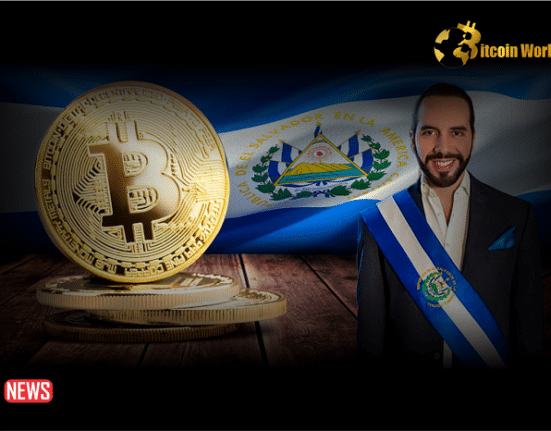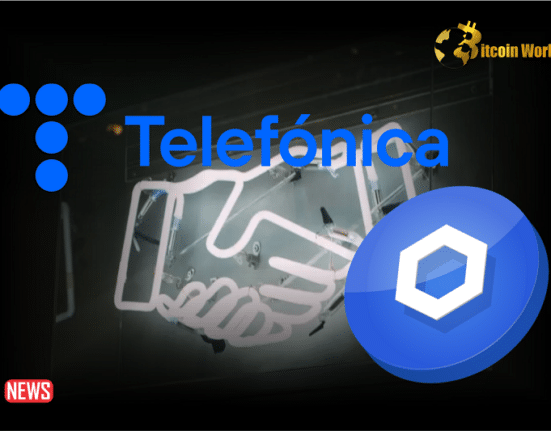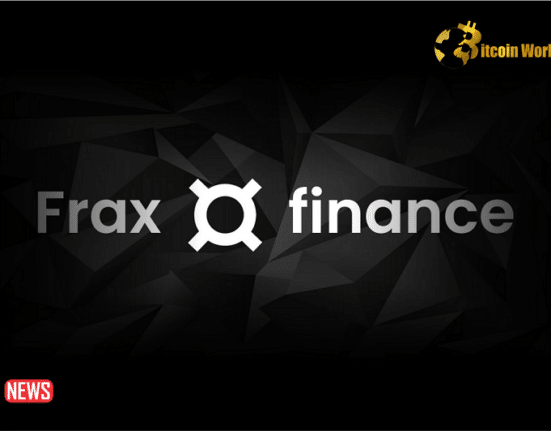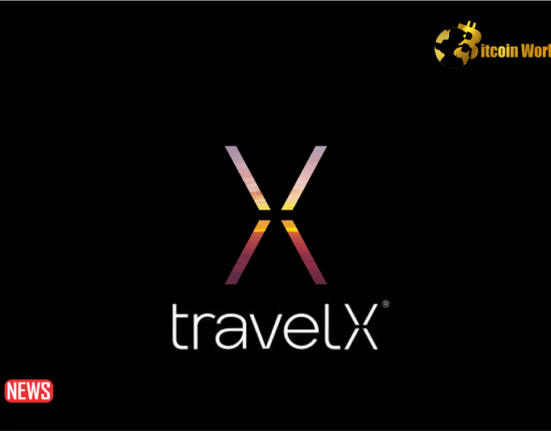Cardano, a popular blockchain platform, is rapidly approaching its final stage, Voltaire, which aims to transform the Proof-of-Stake chain into a self-governing entity. The fate of Cardano’s governance now rests on CIP-1694, a crucial proposal that seeks to empower the community. To sway voters, Cardano is introducing exciting incentives and a unique solution called the “KtorZ tax.”
The Vision for Cardano’s Decentralized Governance:
CIP-1694 is key to Cardano’s goal of becoming the first decentralized blockchain protocol governed and operated by its community. The fate of this proposal lies in the hands of the community, who will soon vote for its integration. Cardano is determined to strengthen the case for CIP-1694 by offering compelling incentives to embrace this vision.
Addressing Challenges in On-Chain Governance:
Cardano’s on-chain governance is set for a significant overhaul, enabling anyone to submit governance actions. However, the proposed system faces risks of manipulation and spam, presenting significant challenges. To tackle these issues, the Cardano Foundation’s technical director, Matthias “KtorZ” Benkort, has proposed the governance action fee or the “KtorZ tax.”
The Governance Action Fee Proposal:
Benkort’s interim proposal suggests introducing an optional fee for submitting governance actions. Users would pay a minimum fee to validate and submit their proposals. This fee serves multiple purposes, primarily ensuring genuine proposal support and filtering out spam. Surplus fees collected would be fairly distributed among participants based on their stakes, irrespective of their voting preference.
Benefits of the Governance Action Fee:
The proposed governance action fee has great potential to revolutionize Cardano’s on-chain governance. It enhances security and transparency and incentivizes participation. By introducing this fee, Cardano empowers users to shape incentives for those who vote on behalf of ADA holders. It also combats spam and encourages genuine contributions while fostering an active and inclusive governance process.
Creating a Fee Market and Driving Active Participation:
The governance action fee creates a fee market, encouraging users to prioritize actions based on their value and impact. It also incentivizes active participation in Cardano’s governance. DReps (Decentralized Representatives) will allocate their time and resources based on the fee market, further promoting the diligent performance of their duties.
The Potential of Cardano’s Decentralization:
Cardano’s founder, Charles Hoskinson, believes that once CIP-1694 is complete by summer 2023, Cardano has the potential to surpass Bitcoin, Ethereum, and other cryptocurrencies in decentralization. This ambitious vision reflects the confidence in Cardano’s progress and the transformative power of its governance model.
Cardano’s final stage, Voltaire, is approaching with the fate of its governance resting on CIP-1694. Cardano introduces the governance action fee to secure support for this proposal, a solution to address challenges in on-chain governance. This fee incentivizes genuine contributions, filters out spam, and fosters an active and inclusive governance ecosystem. Cardano’s vision for decentralized governance holds immense promise, aiming to redefine the landscape of blockchain platforms.















